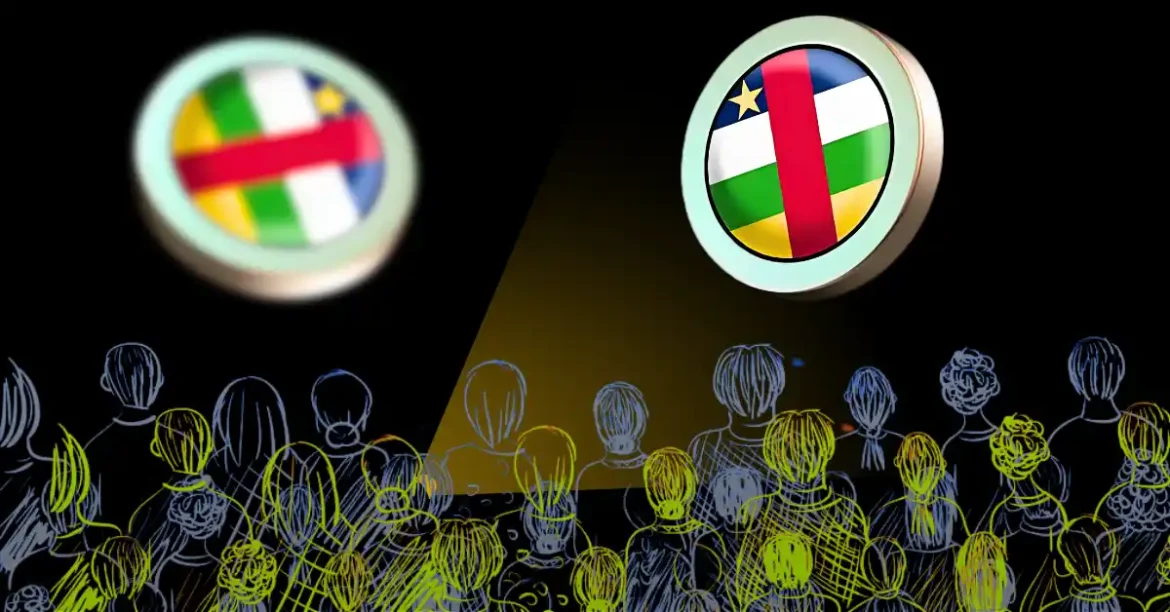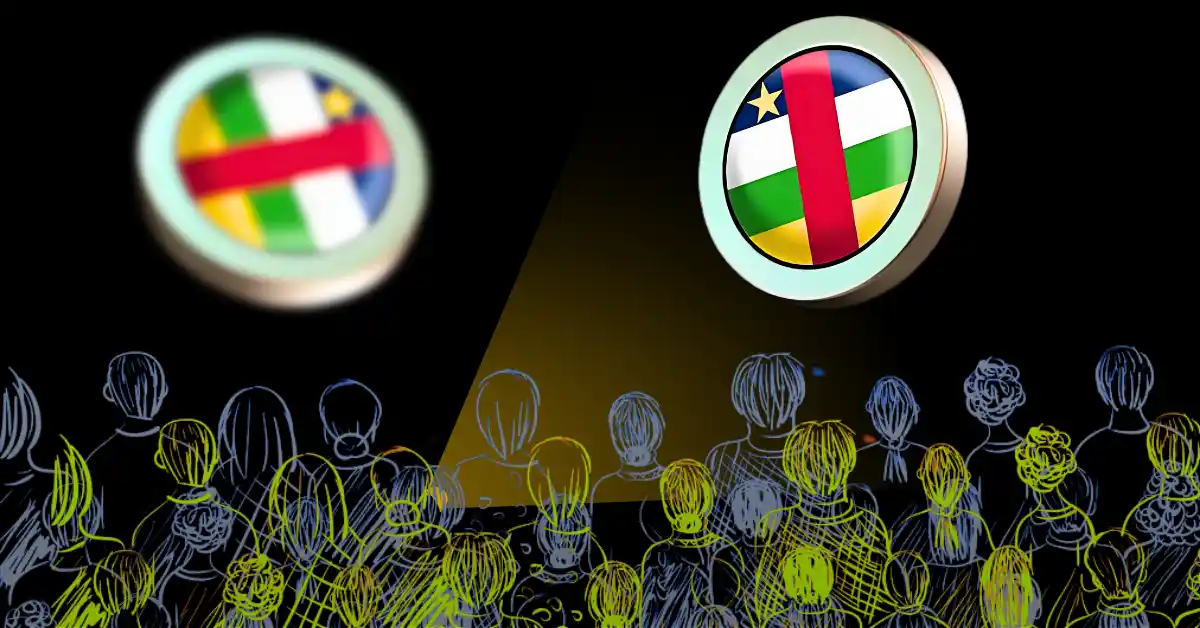The Central African Republic (CAR) is rapidly gaining global attention through its bold and unprecedented integration of blockchain technology with national assets. At the forefront of this innovation is the government’s ambitious plan to tokenize over 1,700 hectares of land and significant portions of its natural resources, including gold, lithium, iron, and uranium, utilizing a homegrown meme-inspired cryptocurrency known as the CAR token. This strategy not only signals a dramatic shift in traditional asset management but also pushes the boundaries of how underdeveloped nations can leverage digital finance to catalyze economic growth.
Pioneering Tokenization in a Developing Economy
Land and resource tokenization represent a transformative approach to asset ownership and investment. By converting physical assets into digital tokens on a blockchain, the CAR aims to enhance transparency, liquidity, and accessibility within markets traditionally hindered by bureaucracy and infrastructural deficits. The recent legislative backing from the National Assembly, which legalized this initiative, is a pivotal step reflecting the government’s commitment to establishing a modern, crypto-friendly ecosystem.
Unlike conventional real estate markets that often suffer from opacity and sluggish transactions, blockchain-backed tokenization offers the possibility of fractional ownership, allowing smaller investors, both domestic and international, to partake in the country’s wealth. This inclusivity could democratize investment opportunities in a nation plagued by poverty and underinvestment for decades.
The CAR Token: From Meme Coin to Economic Tool
The decision to base this tokenization effort on a meme coin — an often playful and speculative crypto asset — is highly unconventional for a national project, yet it encapsulates contemporary trends in digital culture and finance. The CAR meme coin initially served as a high-profile experimental digital currency introduced by President Faustin-Archange Touadéra. Its value fluctuated dramatically, surging over 17% following announcements of land tokenization and reaching a market capitalization that briefly soared to hundreds of millions of dollars.
Despite controversies including deepfake allegations and insider cashouts that led to price volatility and regulatory scrutiny, the CAR token symbolizes a daring attempt to raise the country’s profile internationally and attract foreign capital. The strategy to link this meme coin directly with tangible assets like land and minerals seeks to anchor cryptographic value with concrete economic resources, thereby aiming to stabilize perception and usage beyond speculative trading.
Legal and Economic Implications of Tokenizing National Assets
The tokenization initiative is accompanied by regulatory reforms that facilitate ease of doing business. New legislation allows citizens and foreign investors alike to obtain business visas online, register enterprises, and secure exploitation licenses across sectors such as agriculture, real estate, and mining. This holistic approach integrates blockchain adoption with broader economic liberalization, illustrating an acute awareness that technology alone cannot suffice without an enabling legal environment.
Moreover, by digitizing licenses and land titles, the CAR reduces administrative bottlenecks and curtails corruption opportunities, historically significant barriers to investment in the region. Tokenization also introduces programmable smart contracts, which automate transactions under predetermined conditions, ensuring greater trust and efficiency in land and resource deals.
Challenges and Risks Behind the Innovation
While the CAR’s strategy is groundbreaking, it is fraught with inherent risks and uncertainties. The wild price swings of the meme coin highlight potential volatility that may undermine investor confidence. Questions around the security, legality, and scalability of tokenized assets remain open. Deepfake controversies and regulatory concerns complicate the token’s reputation, possibly limiting partnership and adoption.
Additionally, the real-world implementation of tokenization in a nation with significant infrastructural and political challenges is complex. Ensuring equitable access, preventing digital fraud, and educating stakeholders about blockchain technology are essential yet demanding undertakings. The volatile political climate and security issues could also impact the project’s long-term viability.
Market and Investor Reception
The announcement to tokenize land and resources triggered immediate responses in the crypto markets. The CAR token price’s upward trajectory, illustrated by a surge exceeding 17%, reflects speculative enthusiasm and optimistic anticipation of a new investment frontier. The token’s listing on major price tracker platforms and its visibility in global digital asset discussions suggest growing international awareness.
Nonetheless, rapid fluctuations and reports of market manipulations remind investors of speculative hazards. Some have witnessed gains amid the token’s surge, while others caution against the coin’s steep downturns, urging careful risk management. The CAR’s initiative represents a convergence zone of innovation, speculation, and economic development, all playing out under sharp global scrutiny.
Conclusion: CAR’s Tokenization as a Harbinger of Digital Sovereignty
The Central African Republic’s bold leap toward tokenizing land and natural resources through a meme-inspired cryptocurrency represents an extraordinary experiment in digital sovereignty and economic modernization. By merging blockchain technology with national assets, CAR is rewriting the rules on how impoverished and resource-rich countries can unlock capital and engage global markets.
This approach challenges conventional ideas of currency, property rights, and investment, creating a new paradigm where digital assets are integrated with real-world wealth in innovative ways. Although abundant challenges remain—from technological risks to regulatory uncertainties and geopolitical issues—the CAR project serves as a beacon of what may be possible when audacious vision meets the transformative power of blockchain.
As this initiative unfolds, global observers and investors alike will watch closely, evaluating whether CAR’s blend of meme culture, blockchain tokenization, and asset democratization can catalyze sustainable development or serve mainly as a cautionary tale in the volatile sphere of cryptocurrency innovation. Either way, the country has cemented itself as a leader in the emerging frontier of real estate and resource tokenization on the blockchain.





